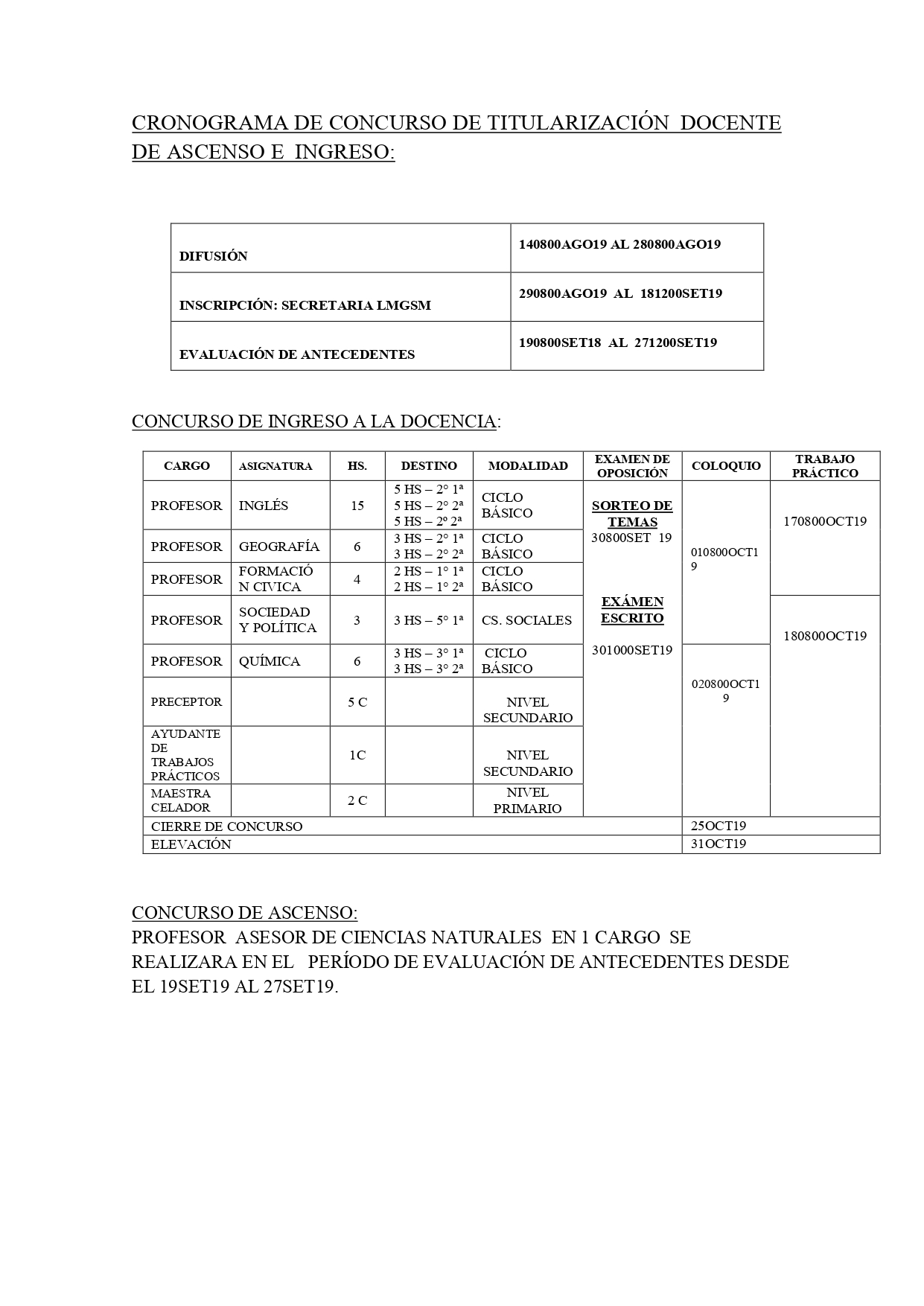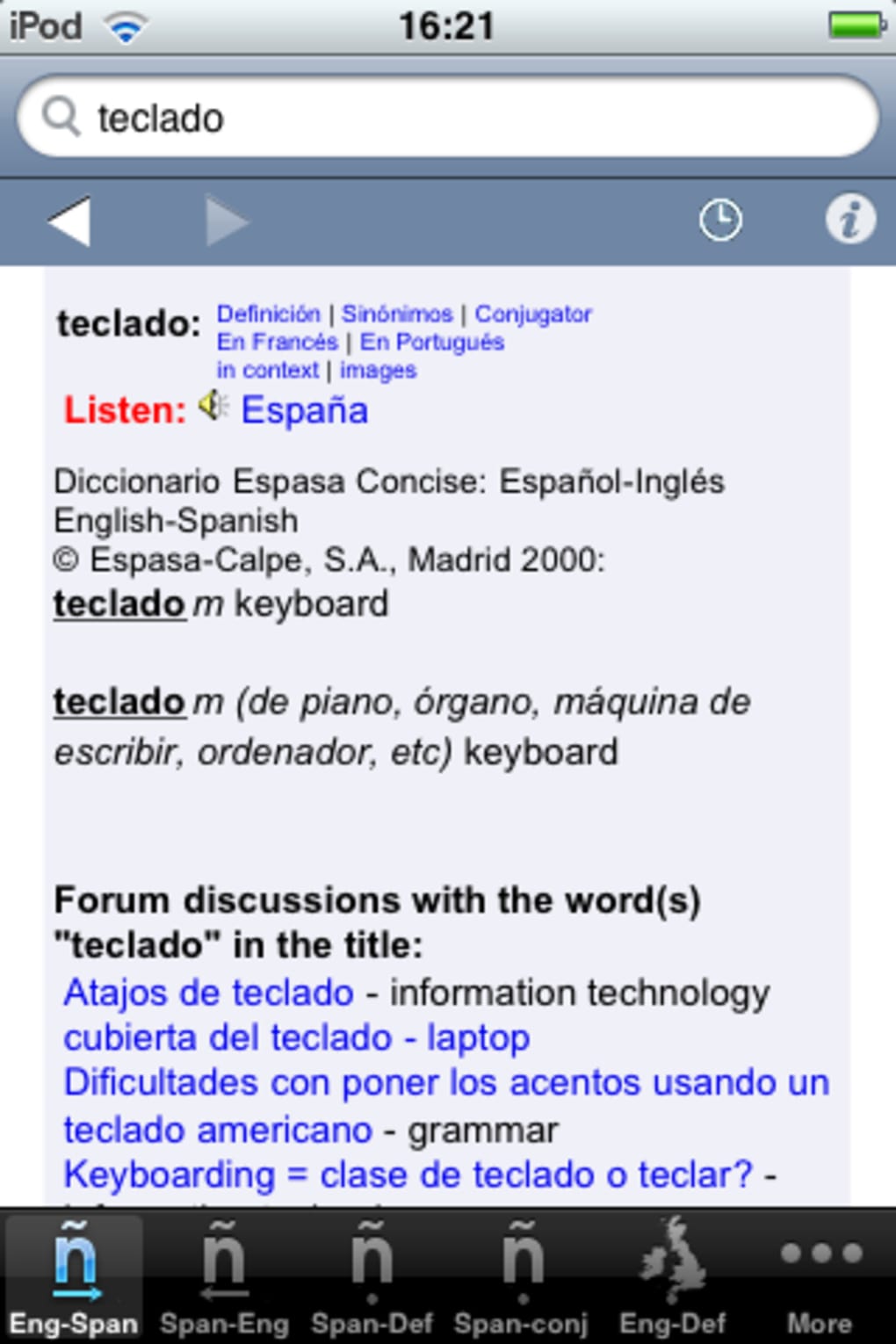Student as Researchers WAP #4
There are many ways and opportunities for students to research on-line any topic in Spanish. It has been my experience (this school year in particular) that many students are simply using Google as a translator. I have no objection in using and helping yourself any way possible; however, when students write a sentence of a statement in English and ask Google for the Spanish translation, they forget that Google will only give then just that - the translation. More often than not, when we write or translate from one language to another, nouns and verbs tend to change its order. This is the case specially when translating from English to Spanish. Rather than letting students "blindly" translate using "Google's brains" why not teach them to properly research ways to better help themselves in Spanish class.
This school year has been specially challenging and if ever a time to teach research, this is the year to do so.
Recently in my Spanish II class, we were learning about the different schools and school schedules in Latin America. We learned may words that described or named the classes, the time of arrival, extra curricular activities, lunch schedule and departure time. Through out our learning students where inclined to discuss and compare their schedule; keeping their curiosity in mind, I though to assign a project that would involve researching other Spanish speaking country's school schedule and compare it their own schedule.
For the project students had the choice to pick their desire Spanish speaking country. In their project they had to name their country and write a comparison using the research they found about their chosen country and theirs. They had to investigate the type of school system the country had. They also had to say if the schedule was different in various towns. They were also instructed to research the different classes/courses offered at the school. Particular attention was given on researching the lunch schedule since in most of Latin America, students go home for lunch and then return to school. I encouraged them to find and add pictures of different school schedules that included the names for each course. As a result of their research and findings, students (most) gained an appreciation for the school system in America.
Below are a few examples of what students found in research.







Comments
Post a Comment